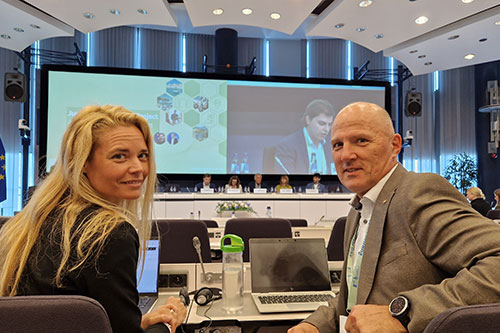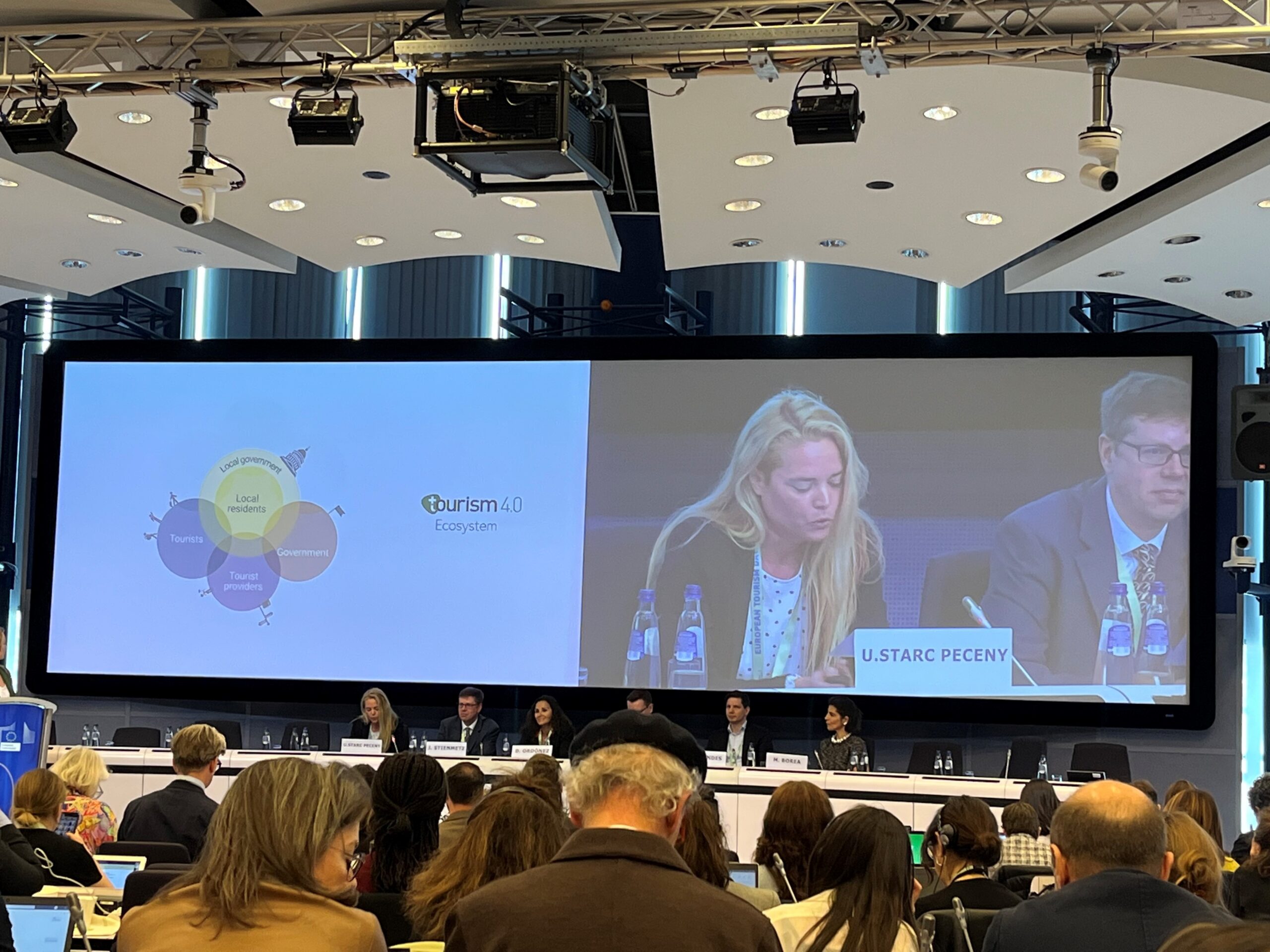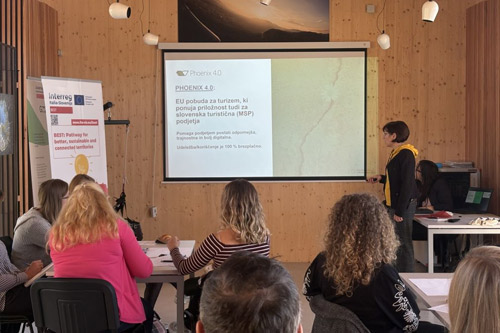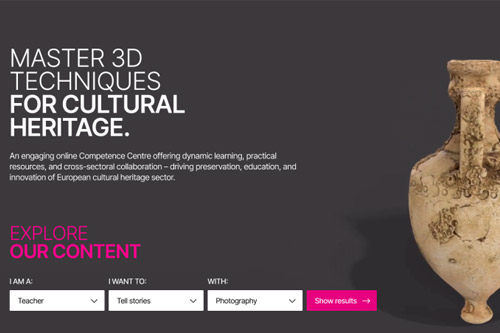
In the last years several challenges have confronted the EU tourism ecosystem, but today it has the tools to look forward towards 2030. After a long and intense co-creation process, the Transition Pathway for Tourism was published in February 2022 and was used as a basis for the European Tourism Agenda 2030, adopted by the Council in December 2022.
On the occasion of European Tourism Day 2023, organized by the European Commission, many interesting topics were discussed. An opening discussion by Thierry Breton, European Commissioner for Internal Market and Karima Delli, Chairwoman of the Transport and Tourism Committee, European Parliament was followed by the orientation debate on how to create a resilient, world-leading tourism ecosystem with innovative SMEs and thriving communities. The event covered many aspects: from highlighting the creation of Data Space for Tourism, with Dolores Ordoñez and Jason Stienmetz to presenting frontrunner and examples of a smart destination such as Ljubljana with Petra Stušek, director of Visit Ljubljana.
The debate was followed by the presentation on the state of progress of Transition Pathway for Tourism by Valentina Superti, Director for Ecosystems II: Tourism & Proximity, DG GROW, European Commission. The transition pathway identifies 27 areas of measures for the green and digital transition, and for improving the resilience of EU tourism. It calls for more circular and environmentally friendly services in tourism, enhancing data sharing for more innovative services, and improving accessibility of services, among others. Ms Superti emphasized the importance of stakeholder pledges that were taken by various collaborators during the co-creation process of the transition pathway. Among others, Arctur as Initiator and lead of the Tourism 4.0 initiative, pledged to digitalisation for innovative ways to explore cultural heritage, preserve it and reduce overtourism.
A round table on Digital transition: towards the data space for EU tourism followed.
Bjoern Juretzki, Head of Unit for Data Policy and Innovation, DG CNECT, European Commission presented the work that is being done in the framework of legislation and stressed the importance of Data Governance Act which supports the set-up and development of common European data spaces in strategic domains, involving both private and public players. This initiative aims to make more data available and facilitates data sharing across sectors and EU countries in order to leverage the potential of data for the benefit of European citizens and businesses.
Dolores Ordoñez and Jason Stienmetz presented ongoing projects that are leading towards a creation of a common EU data space for tourism. By the end of the year a document will be presented which will introduce approaches and options for the deployment of a secure and trusted tourism data space, ensuring transparent control of data access, use and re-use. It will also focus on the development of governance and business models, while providing a shared roadmap that will ensure the coordination of the tourism ecosystem stakeholders and the connection between data ecosystems at EU level and interconnected data spaces in other sectors.
Oliver Csendes, Chief Digital and Innovation Officer presented the activities and best practices of Austrian National Tourist Office around an already existing Austrian data space for tourism. He highlighted the potential of data for better decision making and development of strategies by tourism destinations and decision makers on both regional and state level.
Urška Starc Peceny, Chief Innovation Officer and Lead of Tourism 4.0 Department at Arctur presented how innovative co-creation and technologies are changing the perception of tourism and business sector around it, paving the way towards enriched tourist experience. She highlighted the Digital Readiness Index, dedicated to tourism SMEs interested in moving forward in digitalisation which helps SMEs to audit their digital readiness across different company areas and functions and provides them with recommendations on how to improve. Also, she stressed the importance of local data.

Mafalda Borea, Head of International Business Development and ESG Lead at E-GAP was another representative of the public sector stakeholders who presented interesting solutions for the tourism sector but also expressed her worries on how data sharing between the private and public sector will be managed in the future.
In the second half of the day a keynote speech on the sustainability of tourism was made by Zoritsa Urosevic, Executive Director of United Nations World Tourism Organisation (UNWTO). This was followed by round tables Green transition: sustainable tourism services and destinations and Skilling and upskilling of tourism actors which concluded a day of fruitful debates in the field of tourism.
You can find the link to the event here (start at 12:16:50):



